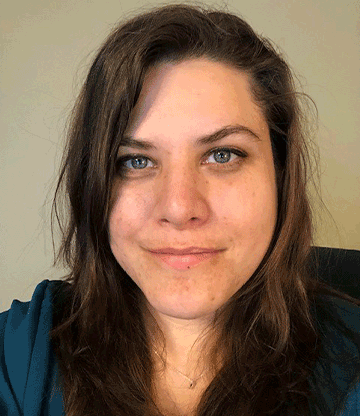English Literature
MA
Certificate
English Department
The Master of Arts in English Literature at NDMU is ideal for secondary English teachers or those planning to pursue doctoral-level work in English. Focused on breadth of content, the program provides broad surveys of English, American, and world literature, while also requiring a depth of knowledge in literary research, history, and interpretation.

Program Location
Program Options
The English Literature program offers two distinct options
- Master's Degree
- Post-Baccalaureate Certificate
Stackable Credentials
Credits earned in the post-baccalaureate certificate program can roll seamlessly into the MA in English Literature.
https://catalog.ndm.edu/graduate-catalog/graduate-school-of-arts-and-sciences/ma-in-english-literature
What to Expect Studying at Notre Dame of Maryland University
Small classes, lectures and seminars assure personal attention and encourage interactive group discussions in a collaborative environment while carefully designed class schedules offer working professionals the flexibility to study part-time.
Class Schedules
Courses are offered in a sequence:
- One evening class per week in fall and spring
- Two evening classes per week in both summer sessions
Taken part-time, the degree can be completed within three years.

Alum
Katherine Ridgway
Breadth & Depth of Understanding
Alum, NDMU Class of 2017
English Literature
At the time I entered MA in English Literature program, I was a public school English teacher looking to get a Masters in my field for professional development. This program gave me a breadth and depth of understanding of literary criticism and the cannon of English literature that I did not receive quite so fully in my teaching program. It helped me to contextualize readings for students in a way that better prepared them for their college experiences. Currently, I work in Higher Education, and in many ways my current role is an extension of the college preparatory work I was engaged in with my students in the past. I can speak to them from a place of knowledge about their collegiate and post-graduate options in the Humanities thanks to this program.
English Careers
The Master of Arts in English provides the content and methodologies required to become a better teacher of English at the secondary level, or to prepare to pursue doctoral-level work in English.


